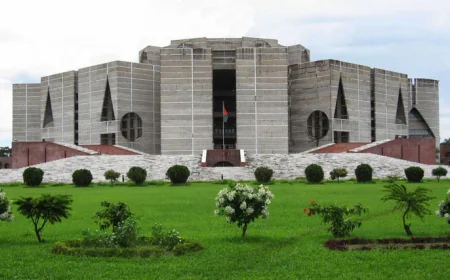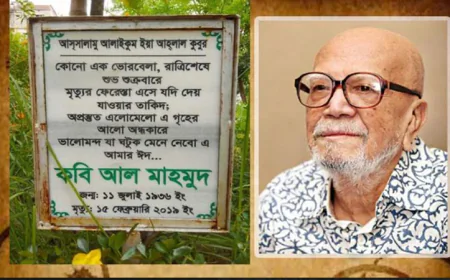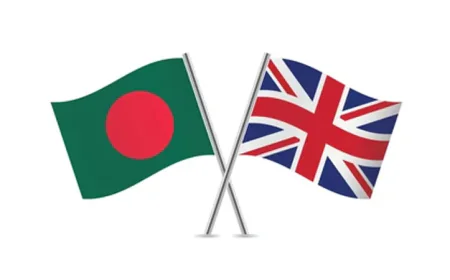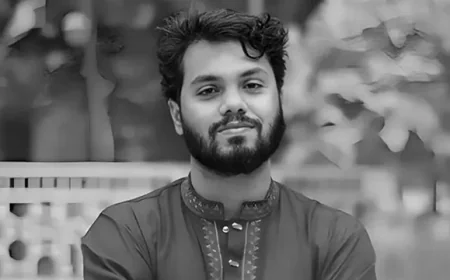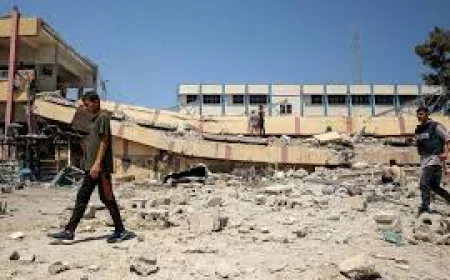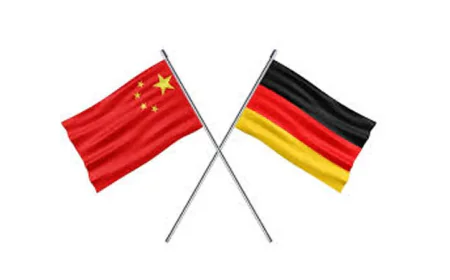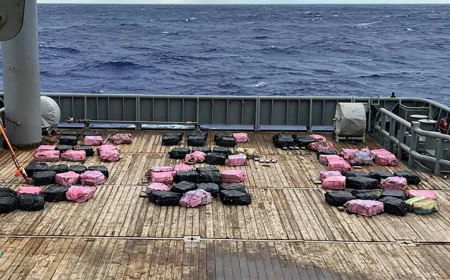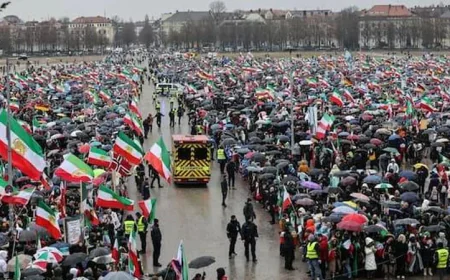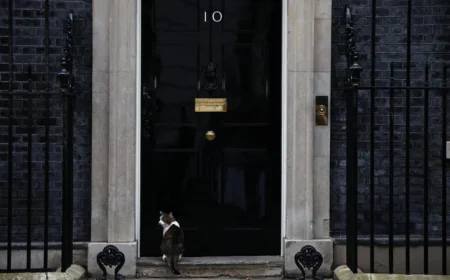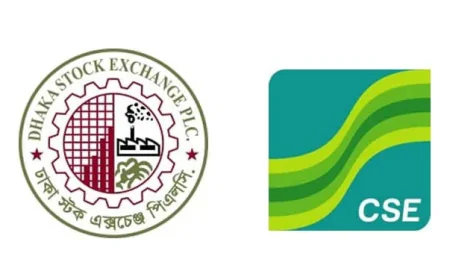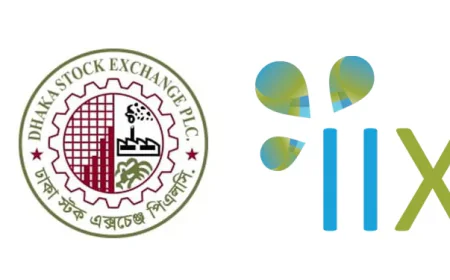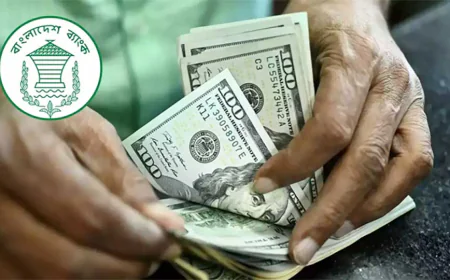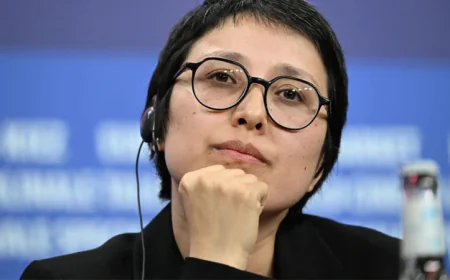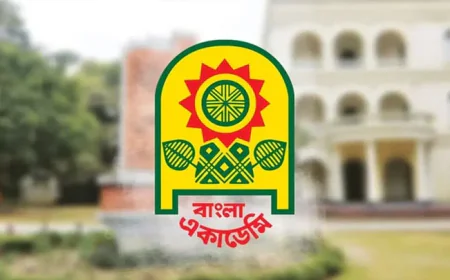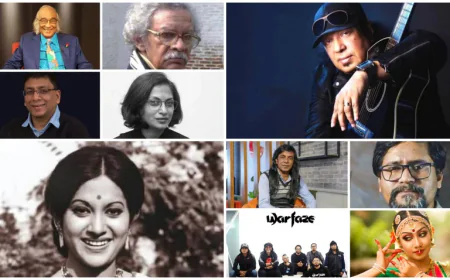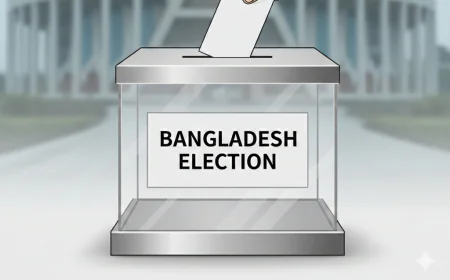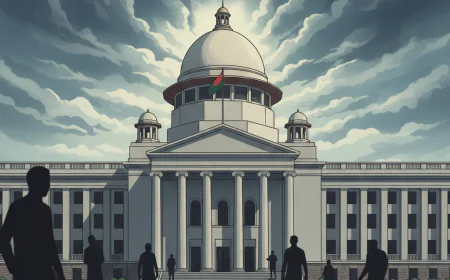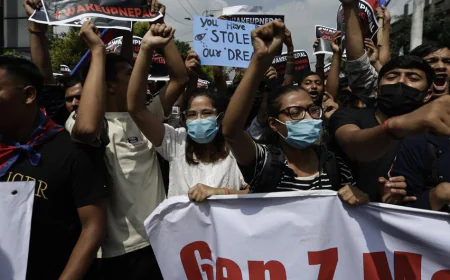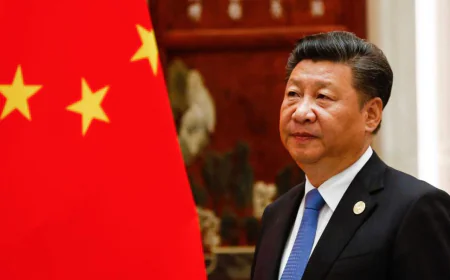UN Human Rights Experts Demand Halt to Mass Executions in Iran
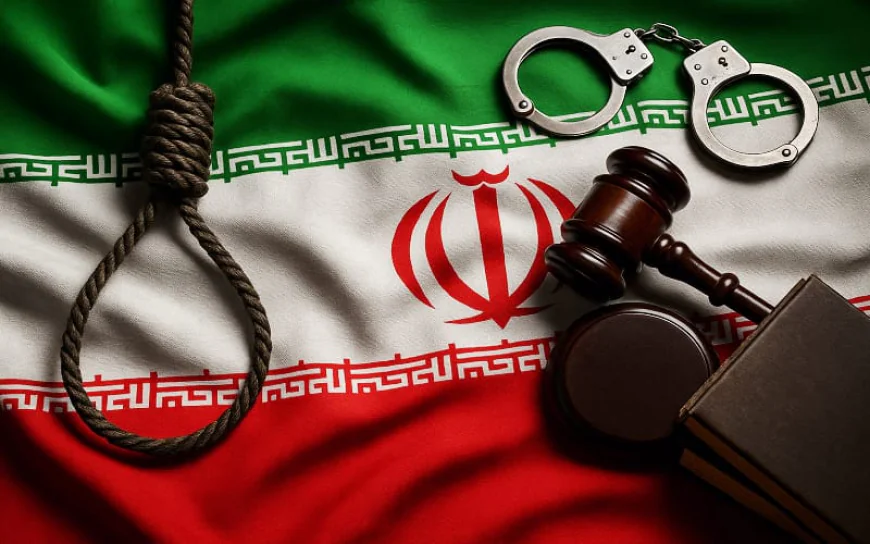
United Nations human rights experts have called on Iran to immediately suspend all executions, voicing alarm over what they describe as a dramatic escalation in the use of the death penalty. The experts warned that the mass executions not only violate international law but also raise concerns of systemic discrimination, torture, and unfair trials.
Reports from international rights monitors suggest that Iran has executed more than 500 people so far this year, marking one of the highest execution rates in the world. Many of these executions are linked to drug-related charges, despite the UN’s position that such crimes do not meet the threshold of “most serious crimes” under
According to rights organizations, members of ethnic minorities such as Kurds, Baluchis, and Ahwazis, as well as political prisoners and religious minorities, have been disproportionately affected. Cases of individuals executed after allegedly coerced confessions or trials lacking due process have been widely documented.
In their joint appeal, the UN Special Rapporteurs expressed grave concern that Iran is using executions not only as punishment but as a tool of political repression.
“We are gravely disturbed by the arbitrary application of the death penalty in Iran,” the experts said. “Executions following unfair trials and forced confessions obtained under torture amount to flagrant violations of international human rights obligations.”
The experts highlighted that the right to life is protected under the International Covenant on Civil and Political Rights (ICCPR), to which Iran is a party. They stressed that executing individuals after flawed legal proceedings undermines the credibility of Iran’s judicial system and breaches its treaty obligations.
Calls for Immediate Action The experts urged Iran to: Introduce a moratorium on the death penalty as a first step toward abolition.
Commute all existing death sentences. Cease executions for non-lethal crimes, particularly drug offenses. Reform the judicial system to ensure fair trials, transparency, and protection of defendants’ rights.
They also called on the international community to increase diplomatic engagement and pressure, warning that silence could embolden further abuses.
Global human rights organizations such as Amnesty International and Human Rights Watch have echoed the UN experts’ concerns, labeling Iran’s execution spree a “state machinery of killing.” Western governments, including the European Union and the United States, have also condemned the rise in executions, with some linking it to Tehran’s attempts to stifle dissent amid ongoing domestic unrest.
Iran remains one of the world’s leading executioners, alongside China and Saudi Arabia. Critics argue that Tehran’s use of capital punishment has intensified in the aftermath of widespread protests sparked by the death of Mahsa Amini in 2022, with executions often targeting demonstrators and political dissidents as a means of intimidation.
Despite repeated calls from the UN and rights groups, Iran has rejected demands for a moratorium, defending its use of the death penalty as a matter of domestic law and religious principle.
